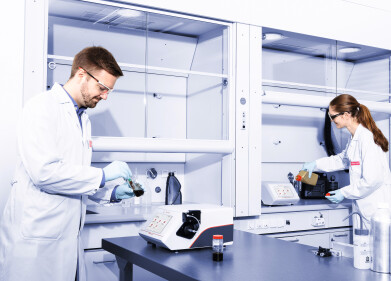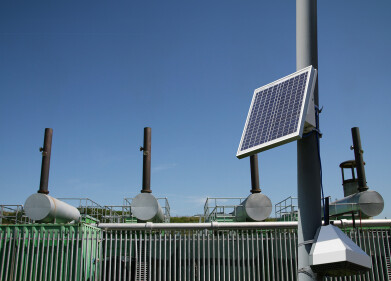Measurement and Testing
How Will UK Fuel Prices Fare in 2018?
Jan 21 2018
Fuel prices remained steady through 2017. But things aren’t looking as peachy for the year ahead. With global oil prices increasing, it’s likely there will be a direct impact on the prices we’re paying at the pump. It may well be time to pinch the purse this year. Read on as we look at what to expect in 2018.
The 2017 review
In terms of the UK, 2017 was a good year for fuel prices. Changes stayed below the rate of inflation and that meant consumer expenditure was stable. But lows of 114.33p and 115.02p may be a thing of the past, as RAC has warned that this can’t last.
Two years ago, petrol and diesel both ‘fell drastically’ to $40 a barrel, but they are new concerns that $70 a barrel could become the ‘new norm’. This is because geo-politically there has been change in the price of crude oil.
Global oil prices
At the beginning of 2014 there was a fall in oil prices, due to a global supply excess. When the price of oil crashed it led to records drops with low-cost retailers selling fuel for under £1 a litre. But, the same cannot be said a mere four years later.
The stark difference has caused many motorists to wonder about the forecast of fuel in 2018. Diesel drivers are especially worried about the potential increased fuel duty on the forecourts across the UK. RAC spokesman Simon Williams responds to the government plans to rise fuel duty by saying that it would ‘unfairly punish existing diesel owners’.
According to research from the RAC Opinion Panel, 84% of diesel owners think an increase would be ‘unjust and ineffective’. Whilst 70% of them say it would not make them more inclined to sell and change their vehicle for a cleaner option. The article ‘VUV PIONA+ Improves Accuracy of Hydrocarbon Reporting in Gasoline’ looks at the latest methods being used to assess pollutants in fuel.
Bad news ahead
But this rise seems more than likely, and motorists are advised to get ready for a costly start to 2018. Petrol and diesel is said to be at a four-year-high, with average prices currently sitting at 121.27p and 123.97p a litre respectively.
People haven’t quite adjusted to this new norm for fuel prices, especially as spending is usually tight just after Christmas. Plus, the ‘demonisation of diesel’ is expected to continue throughout 2018 and experts are worried this could only mean prices will rise even further.
Moving forward people might become more inclined to find alternative motoring methods. In 2017 global growth of electric and hybrid cars reached the 3 million mark. This is expected to surpass 5 million in 2018. Could this have a snowball effect on fuel prices? Perhaps. What it may do is set a clear pathway for the alternative energy market, because prices may just get too much for motorists to pay.
Digital Edition
PIN 25.5 Oct/Nov 2024
November 2024
Analytical Instrumentation - Picturing Viscosity – How Can a Viscometer or a Rheometer Benefit You? - Sustainable Grease Formulations: Evaluating Key Performance Parameters and Testing Method...
View all digital editions
Events
Dec 03 2024 Dusseldorf, Germany
Dec 08 2024 Anaheim, CA, USA
Turkey & Black Sea Oil and Gas
Dec 11 2024 Istanbul, Turkey
Dec 19 2024 Aurangabad, India
Jan 20 2025 San Diego, CA, USA



















